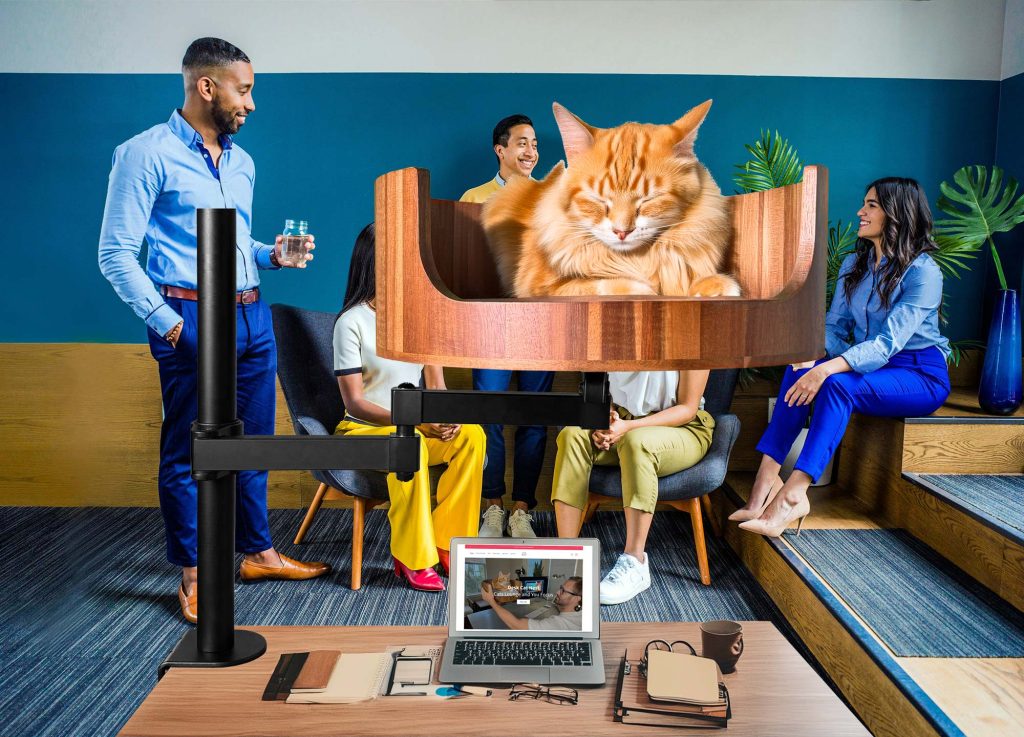Have you ever wondered how old your beloved cat is in human years? Understanding the lifespan of felines can help you provide the best care for your furry friend as they age. From playful kittens to wise old cats, each stage of a cat’s life comes with its own unique needs and challenges.
In this article, we will delve into the concept of cat aging and compare it to human aging. We will explore the common myths and misconceptions surrounding feline lifespans, and provide accurate information on how to determine your cat’s age in human years. By understanding the aging process of cats, you can better anticipate and address any health issues that may arise as your cat grows older. So, grab your favorite feline companion and join us as we uncover the secrets of cat aging and learn how to ensure a long, happy life for your beloved pet.
1. Cats age differently than humans, with their first year equivalent to about 15 human years.
2. Understanding a cat’s age in human terms can help gauge their life stage and potential health concerns.
3. Senior cats aged 11 and older may require extra care and attention to ensure a comfortable and healthy aging process.
4. Regular veterinary check-ups are crucial as cats age, to address any age-related issues and maintain their overall well-being.
5. By recognizing the signs of aging in cats, such as changes in behavior or appetite, owners can ensure their furry companions receive the appropriate care and support as they grow older.
Cat Aging Process
Cats age differently than humans, and their lifespan can vary depending on various factors such as breed, diet, and overall health. The aging process in cats can be categorized into different life stages, including kittenhood, adolescence, adulthood, and senior years. Understanding how cats age can help pet owners provide the best care possible for their feline companions.
Calculating Cat Age in Human Years
While there is no exact formula to convert cat age into human years, there are estimates that can provide a rough approximation. Generally, the first year of a cat’s life is equivalent to about 15 human years, while each additional year can be calculated as about four human years. This means that a 5-year-old cat would be approximately 25 in human years. Keep in mind that these estimates can vary based on factors such as breed and size.
Factors Affecting Cat Lifespan
Several factors can influence a cat’s lifespan, including genetics, environment, diet, and overall health. Genetics play a significant role in determining how long a cat will live, with some breeds known for their longevity. Providing a balanced diet, regular exercise, and routine veterinary care can also help extend a cat’s lifespan. Additionally, indoor cats tend to live longer than outdoor cats due to reduced risks of injury and illness.
Case Studies on Feline Lifespans
Several case studies have been conducted to better understand feline lifespans and factors that can impact a cat’s longevity. Researchers have studied the effects of diet, exercise, and environmental factors on cat lifespan, with some interesting findings. For example, a study on indoor vs. outdoor cats found that indoor cats can live up to three times longer than outdoor cats on average. Other studies have shown that certain breeds, such as Siamese and Maine Coon cats, tend to live longer than others.
Frequently Asked Questions
How can I convert my cat’s age to human age?
To convert your cat’s age to human age, you can use a general guideline that states that the first two years of a cat’s life are roughly equal to 24 human years, and after that each additional year is approximately 4 human years. Alternatively, there are online calculators available that can provide a more accurate conversion based on your specific cat’s age and breed.
Why is it important to know my cat’s age in human years?
Knowing your cat’s age in human years can help you better understand their life stage and provide appropriate care for their specific needs. For example, a senior cat may require different dietary and exercise considerations than a kitten.
How can the Desk Cat Nest help with my aging cat’s needs?
The Desk Cat Nest provides a comfortable and secure space for your aging cat to rest and relax, reducing stress and promoting healthy sleep. This can be especially beneficial for older cats who may have joint pain or other age-related health concerns.
Will the Desk Cat Nest fit my cat’s size and weight?
The Desk Cat Nest is designed to comfortably accommodate cats of various sizes and weights. The soft cushioning and spacious interior provide plenty of room for your cat to stretch out and curl up as needed.
How do I clean and maintain the Desk Cat Nest?
To clean the Desk Cat Nest, simply remove the cushion and machine wash on a gentle cycle. You can also spot clean the exterior fabric with a damp cloth and mild detergent as needed. Regular maintenance will help keep the Desk Cat Nest looking and smelling fresh for your feline friend.
In conclusion, understanding the age of your cat in human years is important for providing appropriate care and addressing age-related health concerns. Investing in a Desk Cat Bed can greatly benefit your aging feline companion by providing a comfortable and supportive resting place that promotes restful sleep and alleviates joint pain. With its cozy design and durable materials, this cat bed is a valuable choice for ensuring your cat’s well-being as they age, helping them maintain their vitality and quality of life for years to come.


